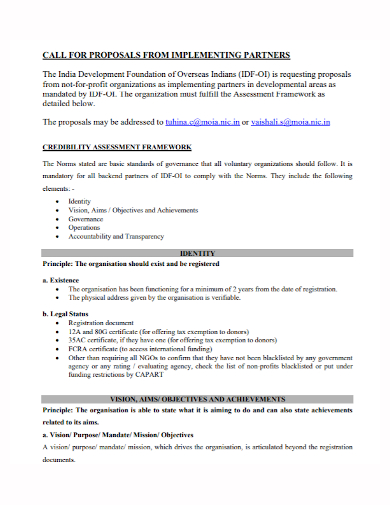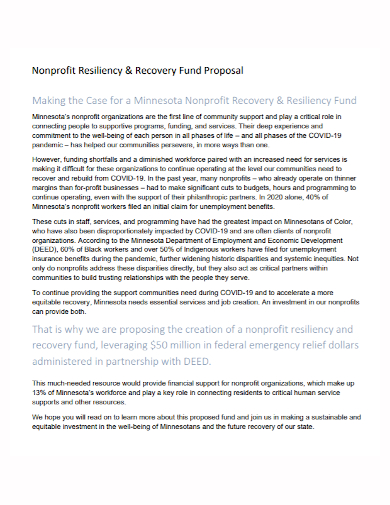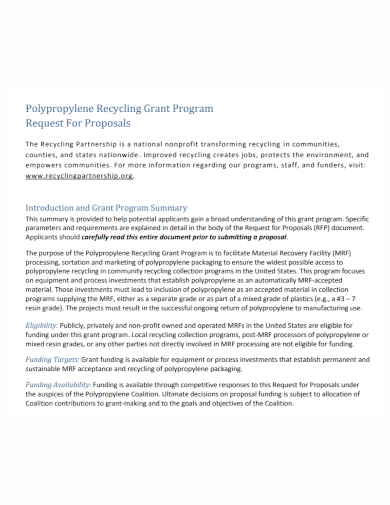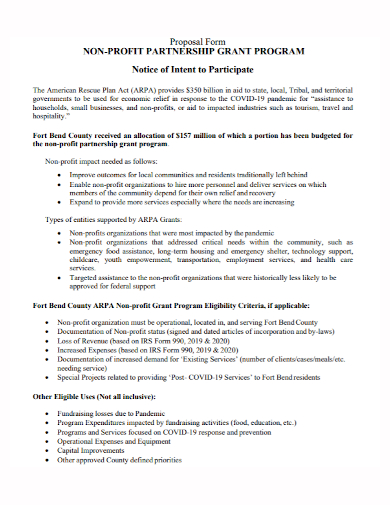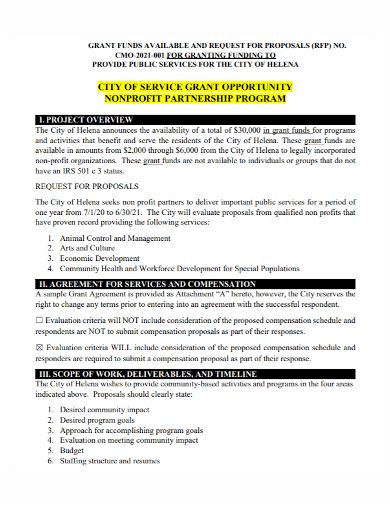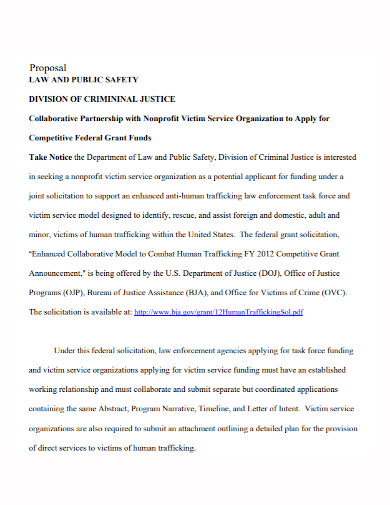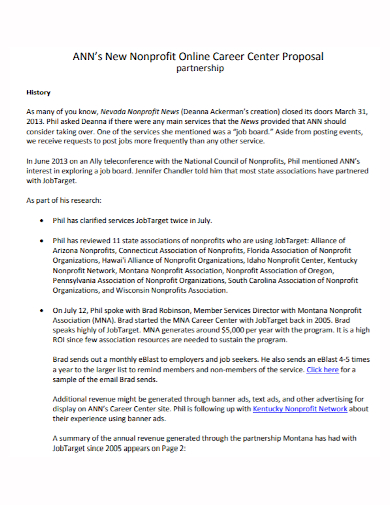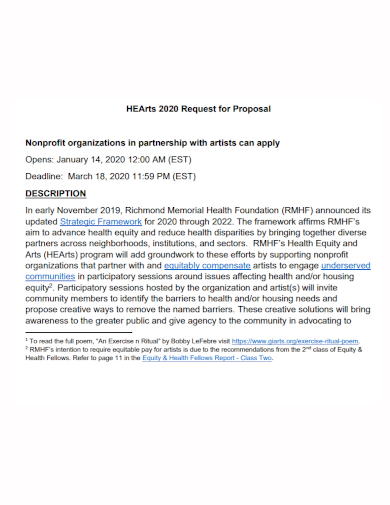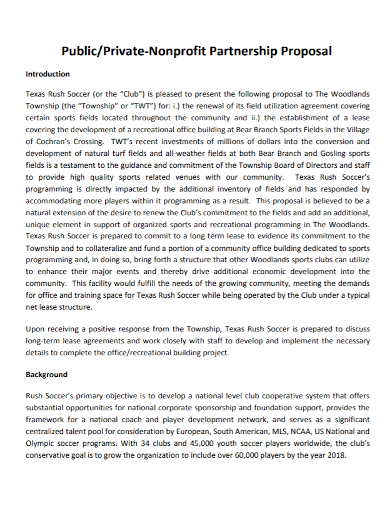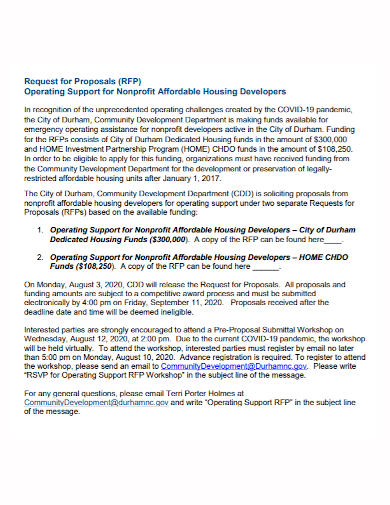Nonprofits may find it difficult to come up with cost-cutting methods in their efforts to improve efficiency. Many people are unaware that they do not have to go it alone. By forming a nonprofit collaboration with another organization, your nonprofit can solve its pain issues and improve its operations. Strategic nonprofit partnerships can provide a plethora of appealing advantages. An alliance can help your organization increase its efficacy, impact, and sustainability in a variety of ways, from improving outreach efforts to enhancing programs and services.
It’s not easy to form long-term nonprofit cooperation. I know firsthand because I’ve constructed numerous during my career. Sometimes we spend hours and hours negotiating with a possible collaborator only to have them back out at the last minute. Or we go through the setup phase only to discover three months later that it’s not a good fit, forcing you to start over. However, there are times when everything falls into place, your nonprofit benefits, the other organization reaps significant benefits, and the cause or community benefits. It is for this reason that all of the efforts are justified. But what if you could put yourself in a better position to succeed from the start?
10+ Nonprofit Partnership Proposal Samples
1. Nonprofit Partnership Proposal Template
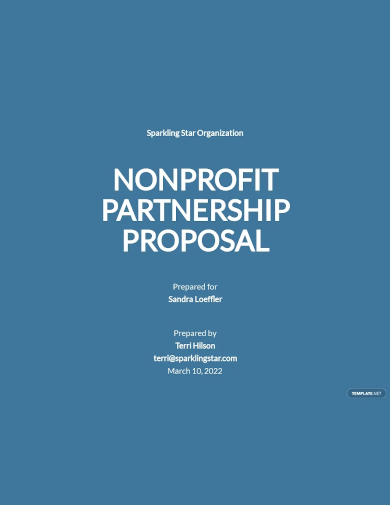
2. Nonprofit Partnership Call for Proposal
3. Nonprofit Partnership Fund Proposal
4. Nonprofit Partnership Grant Proposal
5. Nonprofit Partnership Program Proposal
6. Nonprofit Partnership Request for Proposal
7. Nonprofit Service Partnership Proposal
8. Nonprofit Career Partnership Proposal
9. Nonprofit Organization Partnership Proposal
10. Private Nonprofit Partnership Proposal
11. Nonprofit Operation Partnership Proposal
Building a Nonprofit Partnership
- To be effective in cooperation, you must put in the effort and maintain your vitality. Having a clear picture of your main “why?” can help you get a leg up on the competition. Understanding your long-term objectives can help you communicate your demands effectively to others and rule out potential nonprofit partners who aren’t a suitable fit. This will save you time and annoyance, and your clarity of purpose will come in handy during negotiations. Nobody wants to waste time, and most executives prefer to get right to the point.
- Stakeholder analysis is most typically used by companies to better understand individuals who are impacted by their activities. They may use the process to gain a better understanding of their supporters and how they may strengthen their bonds with people who are already supporting them and those who may do so in the future. Though we tend to be shortsighted when it comes to nonprofit stakeholders, we usually think of the people we serve first, followed by our volunteers and funders. However, your shareholder pool can be considerably larger. Stakeholder analysis can help us discover new and inventive methods to collaborate when we broaden our horizons.
- We are not clear about how our collaboration genuinely connects and serves our broader aims, which is one of the reasons we become distracted and lose steam as a partnership. We simply haven’t made any important connections. When was the last time you created a strategic partnership agreement that was laser-focused on completing your mission? Are your job descriptions for employees and volunteers, as well as team project plans, consistent with the activities stated in the plan? Do the partnership’s policies and processes promote a streamlined implementation of your shared strategy? Is that plan used to prioritize all resource and financial decisions?
FAQs
What do successful nonprofit partnerships look like?
The following are the foundations of a successful private-nonprofit collaboration model:
Mutually beneficial: Both the nonprofit organization and the business should benefit from the cooperation. These advantages should outweigh any costs incurred by either party.
Values alignment: Does the business reflect your nonprofit’s values? Your cause should represent the company’s model or industry, and the company should operate in a way that is respectful of your organization’s and community members’ viewpoints and values.
Open communication: Discuss and agree on the partnership’s expectations. What do you want to gain from this collaboration? What does the company hope to achieve from this collaboration? A fair relationship requires transparency.
What needs could a nonprofit partnership help you meet?
Because forming nonprofit partnerships isn’t easy, it’s frequently overlooked. The majority prefer fewer stressful tasks because they make us feel better about our jobs, but they may not help us construct a brighter future. It’s usually easier in the short run, but it makes things tougher in the long run, as with any procrastination. Consider what a new, inventive approach could achieve for your company and how it could benefit others. Is it worthwhile to reach out and start a conversation about what’s going on in your neighborhood?
If you want to see more samples and formats, check out some nonprofit partnership proposal samples and templates provided in the article for your reference.
Related Posts
School Project Proposal Samples [ Driving, High, Primary ]
Proposal Outline Samples & Templates
Title Proposal Samples [ Project, Thesis, System ]
Proposal Samples
Sports Event Proposal Samples
Small Business Proposal Samples
Title Project Proposal Samples [ Community, School, Student ]
FREE 10+ Health Project Proposal Samples [ Public, Mental, Healthcare ]
FREE 11+ Engineering Project Proposal Samples in PDF | MS Word
FREE 4+ Racing Sponsorship Proposal Samples [ Team, Car, Driver ]
FREE 10+ Nursing Project Proposal Samples [ Community, Health, Clinical ]
FREE 11+ Student Council Proposal Samples in PDF | DOC
FREE 10+ Facilities Management Proposal Samples in MS Word | Google Docs | Apple Pages | PDF
FREE 8+ Joint Venture Proposal Samples [ Commercial, Real Estate, Construction ]
FREE 10+ Scholarship Proposal Samples [ Project, Grant, Sponsorship ]

